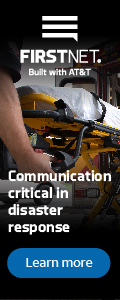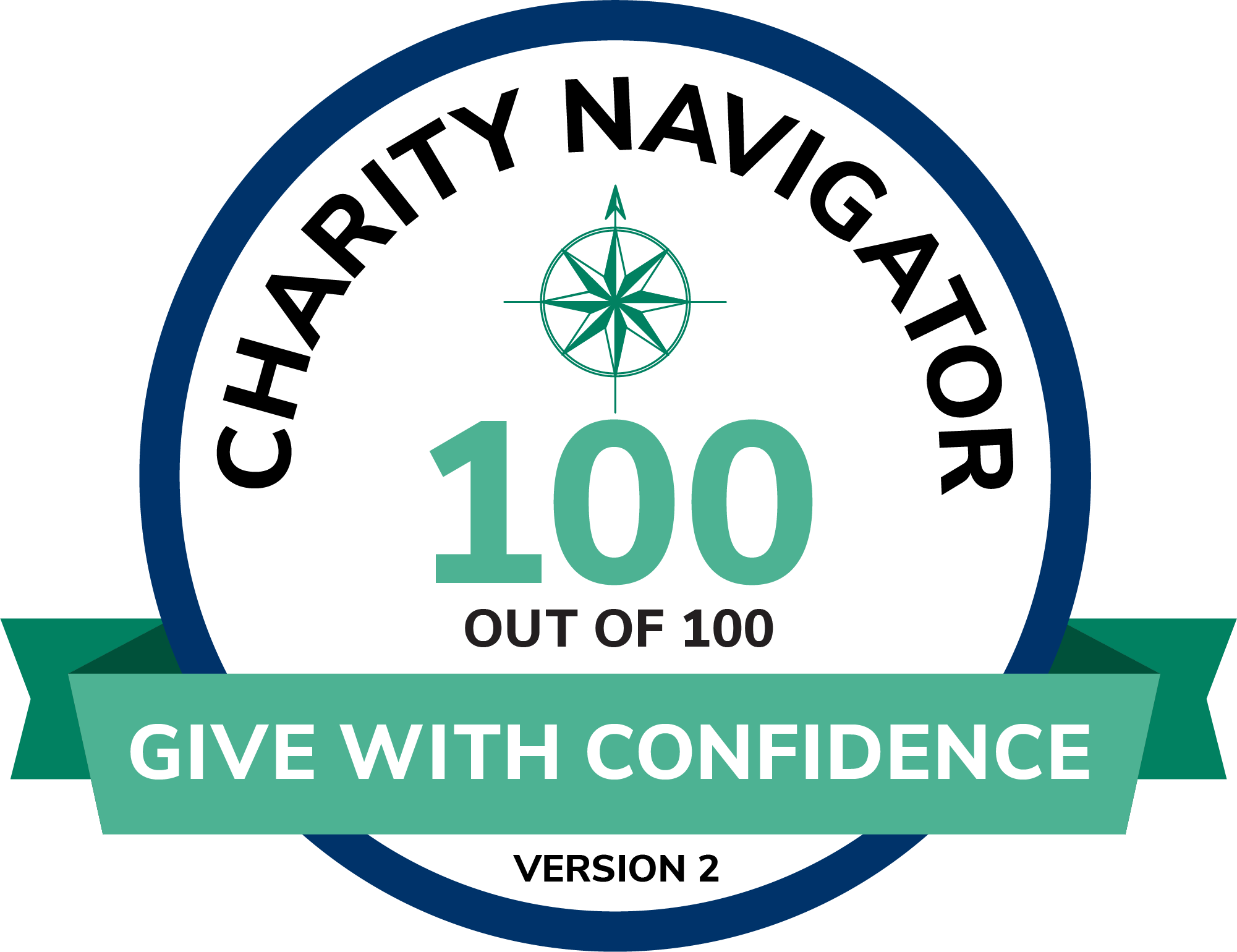Serving the Whole Community: Mental Health in Your Neighborhood
May 21, 2024
Practical tips for diversity, equity, and inclusion in your community
 First responders are consistently exposed to a variety of traumatic experiences on calls and though these events can certainly affect a first responder’s mental wellbeing, often these traumatic calls can be met with resiliency. Because first responders are aware that they may respond to traumatic calls throughout their careers, they can prepare and train in a way that most members of a community experiencing a traumatic event will not.
First responders are consistently exposed to a variety of traumatic experiences on calls and though these events can certainly affect a first responder’s mental wellbeing, often these traumatic calls can be met with resiliency. Because first responders are aware that they may respond to traumatic calls throughout their careers, they can prepare and train in a way that most members of a community experiencing a traumatic event will not.
According to the National Alliance on Mental Illness, one in five adults experience a mental illness each year. Additionally, anyone can experience a wide range of emotions (fear, shock, loss of hope, etc.) after a disaster or traumatic event, such as a car accident or home fire. First responders are in a unique position as the first ones that members of the community encounter during and immediately following an emergency. The information below provides ways first responders can support those experiencing a mental health illness or strong emotional reactions caused by the traumatic event.
In SAMHSA’s recommended Psychological First Aid tip sheet for first responders, the most important things to keep in mind are to promote safety, calm, connectedness, hope, and self-efficacy. Here are a few quick tips from each category.
Promote Safety
- Help people meet their basic needs.
- Repeat information as often as necessary.
Promote Calm
- Listen to community members who want to share their stories or emotions.
- Be friendly and compassionate even if people are being difficult.
Promote Connectedness
- Help people contact friends or family.
- Keep families together.
Promote Hope
- If you have the correct information available, tell people help is on the way.
Promote Self-Efficacy
- Provide practical suggestions on how people can help themselves.
Here are a few things not to do:
- Don’t give simple reassurances such as “everything will be alright.”
- Don’t tell people what they should be feeling, thinking, or doing.
- Don’t make promises that cannot be kept.
In addition to the Psychological First Aid tips above, there are a number of resources you can provide to community members when they are showing symptoms of emotional distress.
- Offer the 988 Suicide and Crisis Lifeline. 988 is available via phone or text and provides 24/7 free and confidential support to anyone in suicidal or emotional distress.
- Offer the 211 call line. 211 is available across the country to connect anyone to local resources and services to help with basic needs such as financial assistance, food insecurity, utility assistance, and more.
- Identify any local resources available to support now, so your department members are prepared when they respond.
If you respond to a call for a fellow first responder, remember that additional resources are available specifically to support their mental wellbeing.
- NVFC’s Directory of Behavioral Health Professionals
- NVFC’s Share the Load program
- State specific helplines or services, if applicable
- Peer support services



